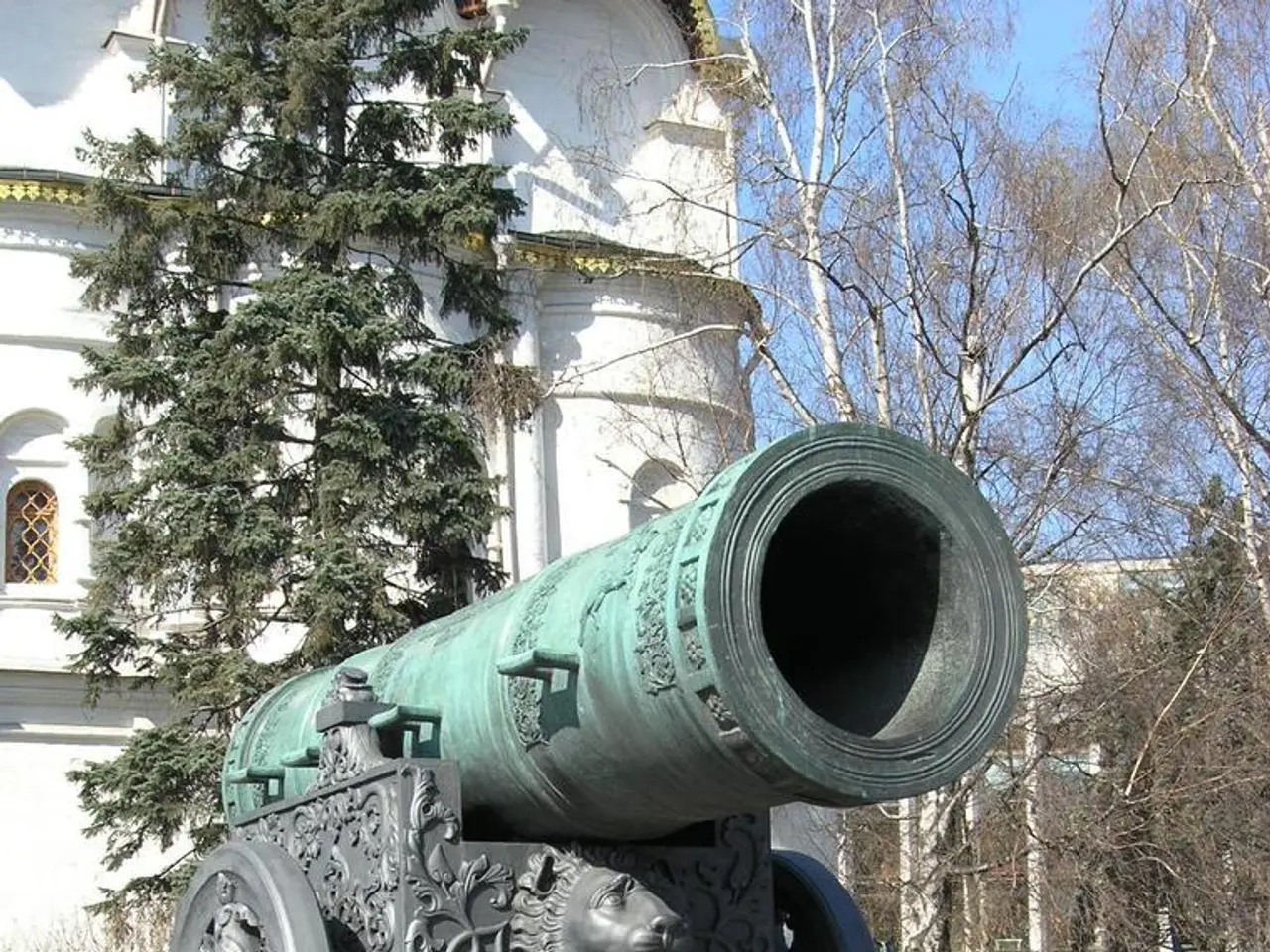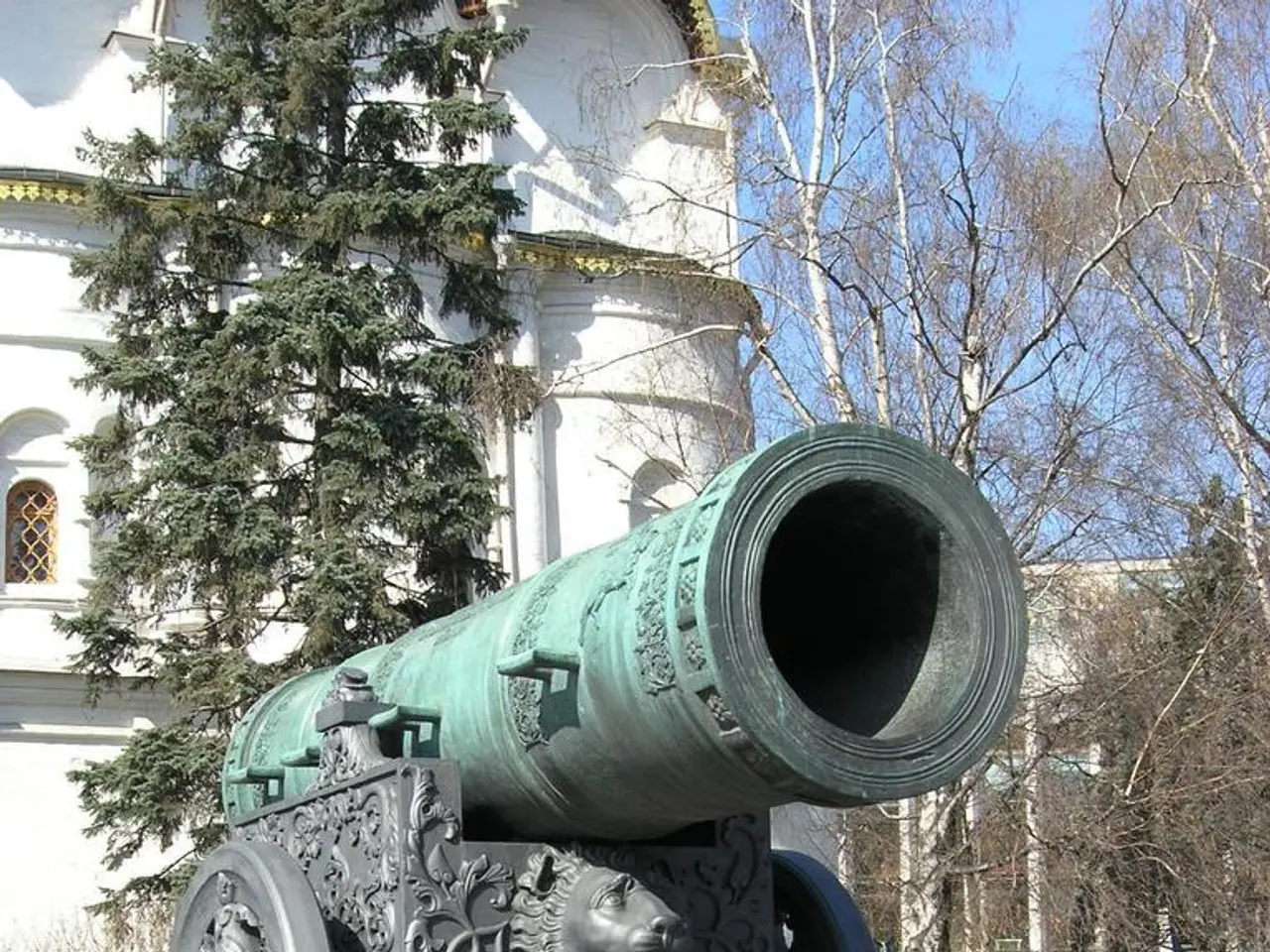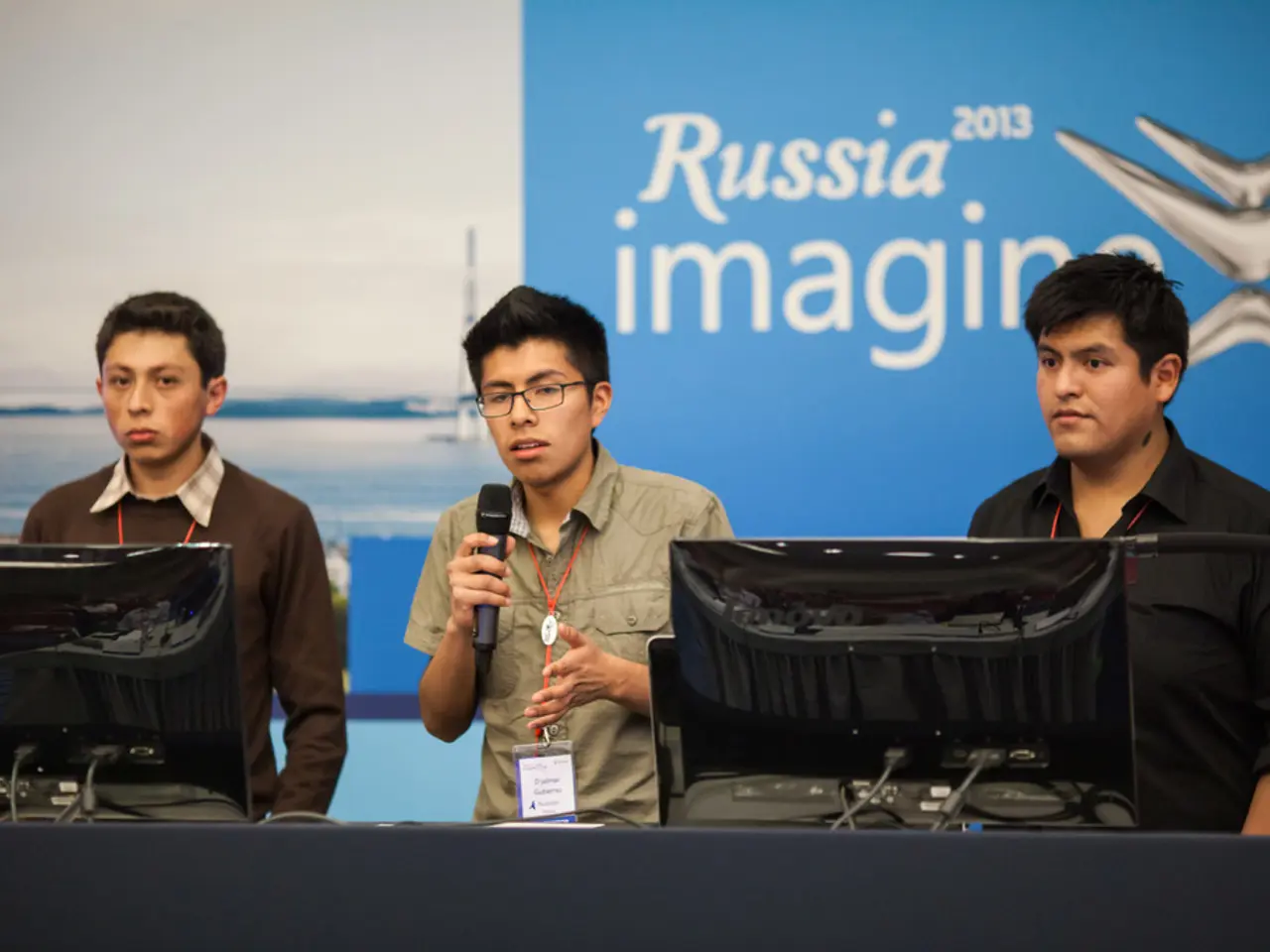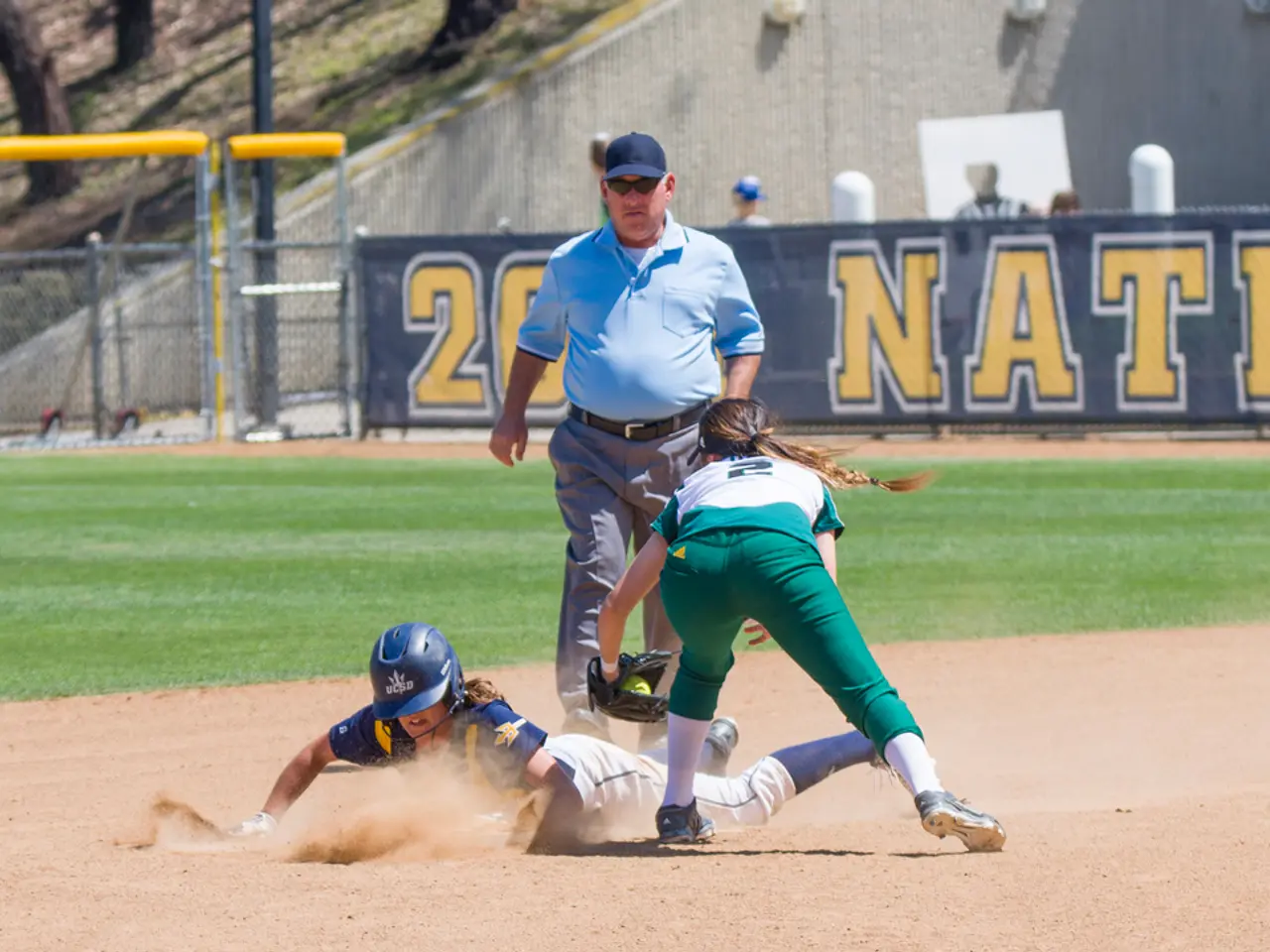Cuba condemns pressure tactics against Palestinian authorities
The United States has imposed sanctions on Palestinian Authority (PA) officials and members of the Palestine Liberation Organization (PLO), accusing them of undermining peace efforts and supporting terrorism. The U.S. State Department stated that these groups took actions to internationalize their conflict with Israel, including through the International Criminal Court, which contributed to the decision to hold them accountable with sanctions [1][3][4].
The sanctions, which include denying visas to travel to the U.S., aim to impose consequences on the PA and PLO for not complying with their commitments and for actions seen as counterproductive to peace prospects [1][3]. The move comes amid ongoing efforts by the U.S. to salvage ceasefire talks in Gaza and address the humanitarian crisis there, as well as growing international pressure on Israel regarding the Gaza war [1].
However, the U.S. actions have drawn criticism from various quarters. Cuban Foreign Minister Bruno Rodríguez has condemned the sanctions, viewing them as unjust measures against Palestinian officials and organizations. Rodríguez's condemnation aligns with Cuba's traditional support for Palestinian rights and opposition to unilateral actions that exacerbate tensions in the Israeli-Palestinian conflict [2].
Rodríguez emphasized that the U.S. actions undermine progress towards international recognition of the Palestinian State. He also described the U.S. legal actions as unjust, expressing concern about the impact of these actions on the inalienable rights of the Palestinian people [2].
The sanctions are part of the U.S. efforts to counter what it perceives as internationalization of the conflict with Israel by the Palestinian Authority and the Palestine Liberation Organization. The U.S. and Israel boycotted the recent UN conference on a two-state solution for the Palestinian-Israeli conflict, following the sanctions [5].
In summary, the U.S. sanctions target Palestinian officials to pressure them over their international legal actions and alleged support for terrorism, while drawing criticism from countries like Cuba that see these measures as detrimental to peace and Palestinian rights [1][3]. The Cuban Foreign Minister's stance reflects broader criticism from some countries opposing what they consider punitive U.S. policies that hinder peace processes and Palestinian self-determination.
References: [1] Associated Press. (2021, May 11). US imposes sanctions on Palestinian officials over peace efforts. Al Jazeera. https://www.aljazeera.com/news/2021/5/11/us-imposes-sanctions-on-palestinian-officials-over-peace-efforts [2] Reuters. (2021, May 11). Cuba condemns U.S. sanctions against Palestinians. Middle East Monitor. https://www.middleeastmonitor.com/20210511-cuba-condemns-us-sanctions-against-palestinians/ [3] Haaretz. (2021, May 11). U.S. imposes sanctions on Palestinian officials over Israel-related activities. Haaretz. https://www.haaretz.com/us-news/2021-05-11/u-s-imposes-sanctions-on-palestinian-officials-over-israel-related-activities-1.9844679 [4] The Jerusalem Post. (2021, May 11). U.S. sanctions Palestinian officials over Israel-related activities. The Jerusalem Post. https://www.jpost.com/americas/us-imposes-sanctions-on-palestinian-officials-over-israel-related-activities-670416 [5] Middle East Eye. (2021, May 11). US and Israel boycott UN conference on two-state solution. Middle East Eye. https://www.middleeasteye.net/news/us-israel-boycott-un-conference-two-state-solution
- The sanctions imposed by the United States on Palestinian Authority officials and Palestine Liberation Organization members are part of a wider policy-and-legislation approach aimed at countering the internationalization of war-and-conflicts related to the Israeli-Palestinian issue.
- The Cuban Foreign Minister, Bruno Rodríguez, has criticized these U.S. sanctions, viewing them as detrimental to peace prospects and general-news concerning the Palestinian cause. His stance aligns with Cuba's politics of supporting Palestinian rights and opposing unilateral actions exacerbating the conflict.







